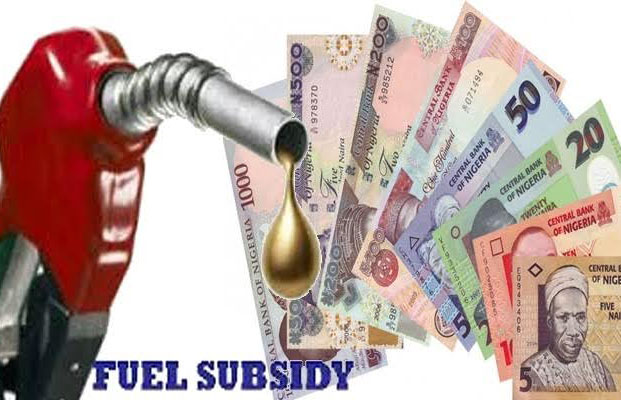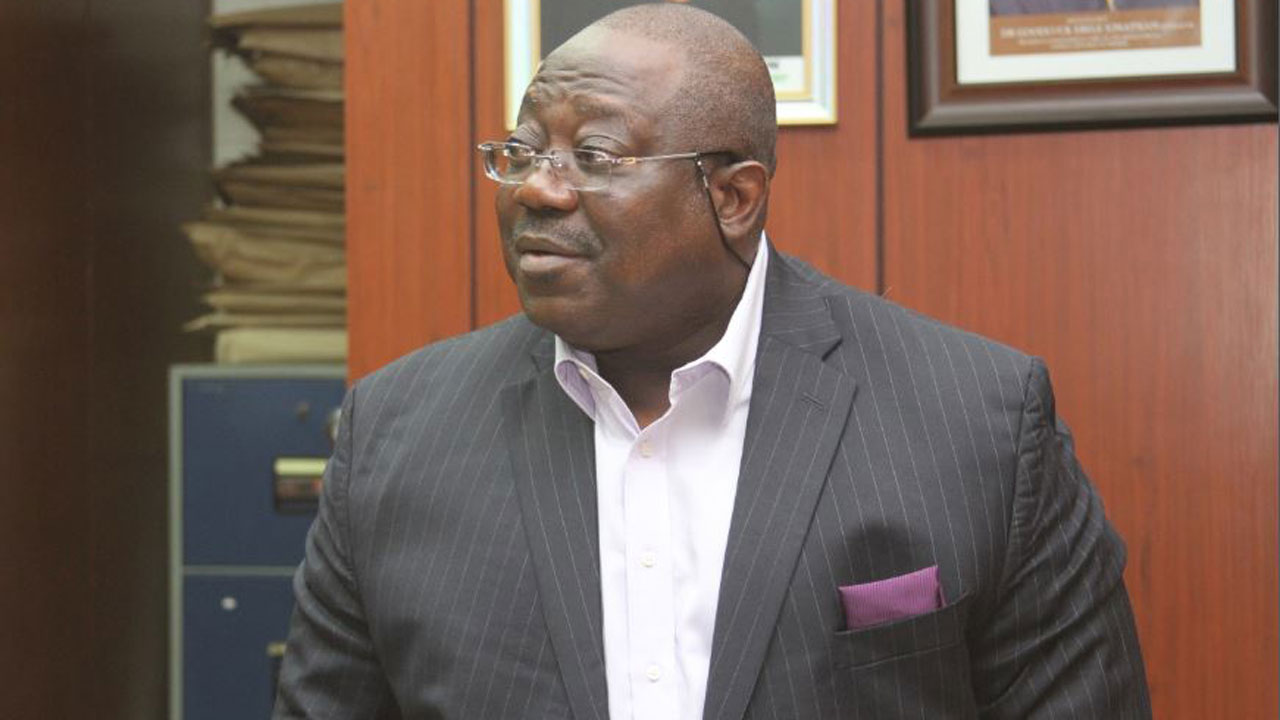
Crude oil has been good to our nation. Very good, indeed. It is easy to rhapsodise our oil wealth and the little village, Oloibiri, where it all began in 1956.
Oil wealth rescued Nigeria from the economic pit of hell and transformed it into a modern nation in the eternal time it takes to say Lord Lugard. It made the country famous and numbered it among the rich nations of the earth.
Without the stupendous oil revenue, we most probably would still be clawing our way out of that pit as one of the least developing nations burdened with poverty and diseases. Life here would be more brutish and even shorter. But there would be no thieves in high places or bandits or kidnappers because there would not be much money to steal.
No money, no corruption. Millionaires, let alone billionaires, are not minted from peasant agriculture. Because crude oil is, we are where we are as a nation, and we have become what we are as a nation. That is the good news known to every primary school pupil in the land.
The bad news is that there is such thing as oil curse. Michael L. Ross wrote his 2012 book, The Oil Curse, on it. He did not define the curse of oil. He chose instead, to point to its negative effects on the lucky developing nations under whose soil nature deposited the precious oil-bearing hydrocarbon. However, he made the point that more money in the coffers of governments of oil-rich developing nations has not been the blessing it ought to be.
Or, to put it another way, it has been a mixed blessing. A combination of forces has turned oil into a curse. When American oil prospectors told King Idris of Libya that they had struck oil in his country, according to a quotation lifted by Ross, he did not jump for joy. Instead, the king told them with a certain degree of royal prescience: “I wish your people had discovered water.”
On page 234 of his book, Ross wrote: “The oil curse is largely caused by the unusual properties of petroleum revenues. Unless countries are already wealthy and have strong institutions at the time that oil production begins – Norway or Canada – they can cause political and economic problems.”
The current social dislocation and the economic woes occasioned by the removal of petroleum subsidy points to how careless we have been in elevating crude oil to the main source of our national wealth. We earn some 80 per cent of our foreign earnings from it. Easy wealth has lulled into unpardonable complacency in the management of our oil wealth.
Crude oil is not a dependable pillar of social and economic development in an oil-producing nation. Crude oil is a depletable source. The oil fields that gush oil today can dry up tomorrow and sink our nation below the globally recognised poverty level. Crude oil is a buyers’ market. When the buyers lower the prices, the treasuries are empty.
It follows that an oil-producing nation that builds its castle of social stability and economic progress on oil revenue is building it all on fine sand. The castle is sooner than later shattered by the winds of volatility in the crude oil market.
Our leaders, in khaki and agbada, never failed to talk of diversifying the economy to cushion it against the inevitable bad attitude of crude oil and save the country from descending from the Olympian heights of oil wealth into the marsh of poverty.
Agriculture, even in its peasant stage, is a more dependable pillar of social stability and economic development. No one needed telling. But more lip service was paid to it than the concrete and sustained steps it needed. So, the agriculture land sprawls in all directions in its brown glory. The green revolution was mere bureaucracy.
If you ever had problems with appreciating our precarious position in our near total dependence on crude oil, the current difficulties in managing the national economy post the removal of fuel subsidy from June last year should tell you what hold crude oil has on every aspect of our national life.
Its power goes far beyond the earnings from it. No one ever thought that the removal of fuel subsidy would turn out to be such a great social, political, and economic problem.
The fuel subsidy was rightly conceived as part of the welfare system to make fuel relatively cheaper for the citizens of an oil-producing nation. It was turned into an easy money-making venture by men and women who could not even spell crude, as in crude oil. The corruption in its administration became a source of national frustration.
It should follow that its removal should rank as a calculated attempt to de-rich the oil importers and save the country what was corruptly stolen through the corrupt administration of the fuel subsidy regime. It has turned out that the removal of the fuel subsidy is much more complicated than lancing the boil on the nation’s economic management nose.
Crude oil and the easy flow of petro-dollar from it has made the easy life a virtue in our country. Whatever threatens this life of somnolence is resisted by the primary beneficiaries of a social and economic system that protects itself from radical reforms. Oil glut resulted in lower prices paid for our crude oil in 1982.
President Shehu Shagari imposed austerity measures to rein in our spending on non-essential goods such as champagne and Argentine steak and stabilise the system.
An instant reaction by our young people was exemplified by the Andrew syndrome. They could not take it. And there began the steady stream of the Andrews checking out known as brain drain. The whiff of the current economic difficulties gave us a Yoruba word, japa.
Our young people are jumping out of the leaking boat in search of greener pastures in countries built, not without some difficulties by their citizens. Their citizens stayed home and salvaged their countries. We choose not to remember the exhortation by Major-General Muhammadu Buhari, to remain here and salvage the country together. When he came as a military ruler, there was Andrew; by the time he left office as president, there was/is japa.
If poverty is the root cause of social and political problems and instability, it should then follow that wealth will be a solution to, and a stabilising factor, in all countries whose revenues largely depend on oil wealth. It is not so. One reason is that oil wealth parades paradoxes exemplified by our history in the management of our oil wealth. We are a rich but poor nation.
Our country is the officially crowned poverty capital of the world. Because of oil, we are rich and yet, because of oil, we are poor. We have more poor people in our country, 158 million of them by the last count, than the combined population of the countries of the West African sub-region.
We should not be where we are today. Four oil refineries are enough to meet all our domestic fuel needs. But they have been dead since the death of dodo. We have lived all these years through the contradiction of a major world oil-producing nation exporting its crude and licensing independent oil importers to import the refined products home at prices subsidised by our taxes.
These times tax our economic managers on how best to respond, not just to the public protests in some of our major towns and cities, but more importantly to the present and the future of our national oil economy. When the public space is poisoned as it is now with social protests, over the difficulties blamed on the fuel subsidy removal, the choices are made more difficult. The immediate choice is to find a short-term plan to address the people’s grievances and end the protests.
One option is to roll back the removal of fuel subsidy to appease the people. It is not an option, really. It will only be our national shuffle: one step forward, two steps backward.
The government must show courage and determination to pull the nation through this. It must grit its teeth and commit itself to a radical paradigm shift in the management of our economy that will replace our crude oil economy with a sustainable agricultural economy.






